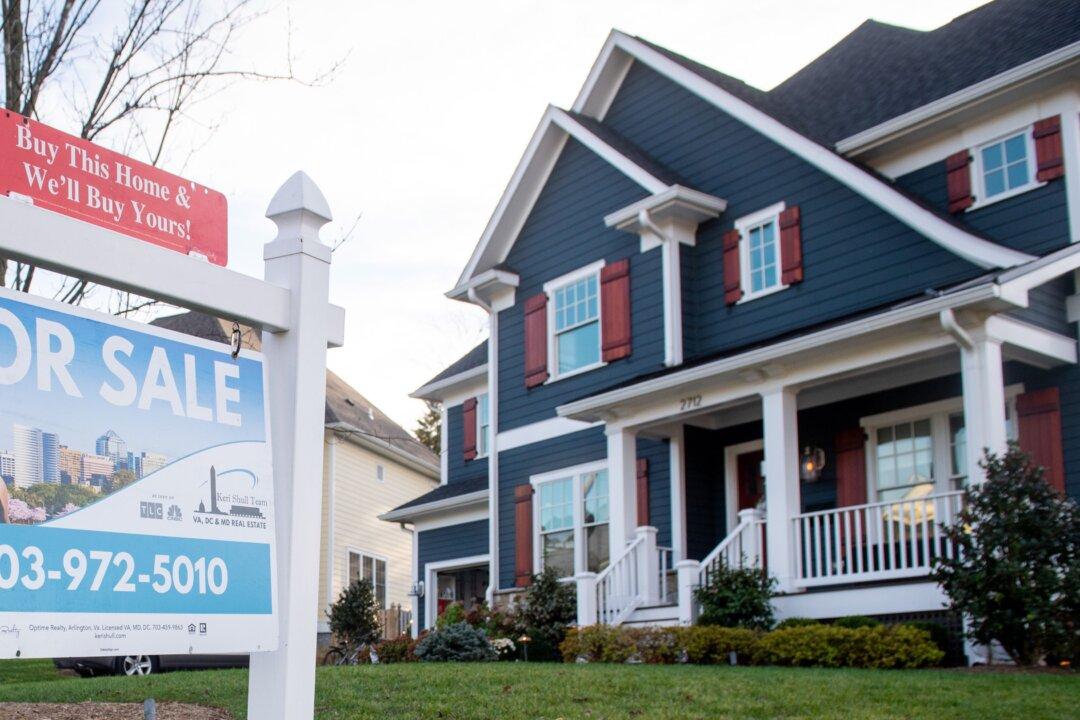For small businesses hoping to establish or expand their brick-and-mortar presence, it may seem like a bad time to sink cash into a commercial property purchase.
Amid predictions of an upcoming recession, the Federal Reserve increased the federal funds rate for the sixth time in 2022, citing inflation risks and global conflict. Inevitably, this will make loans more expensive for borrowers.






